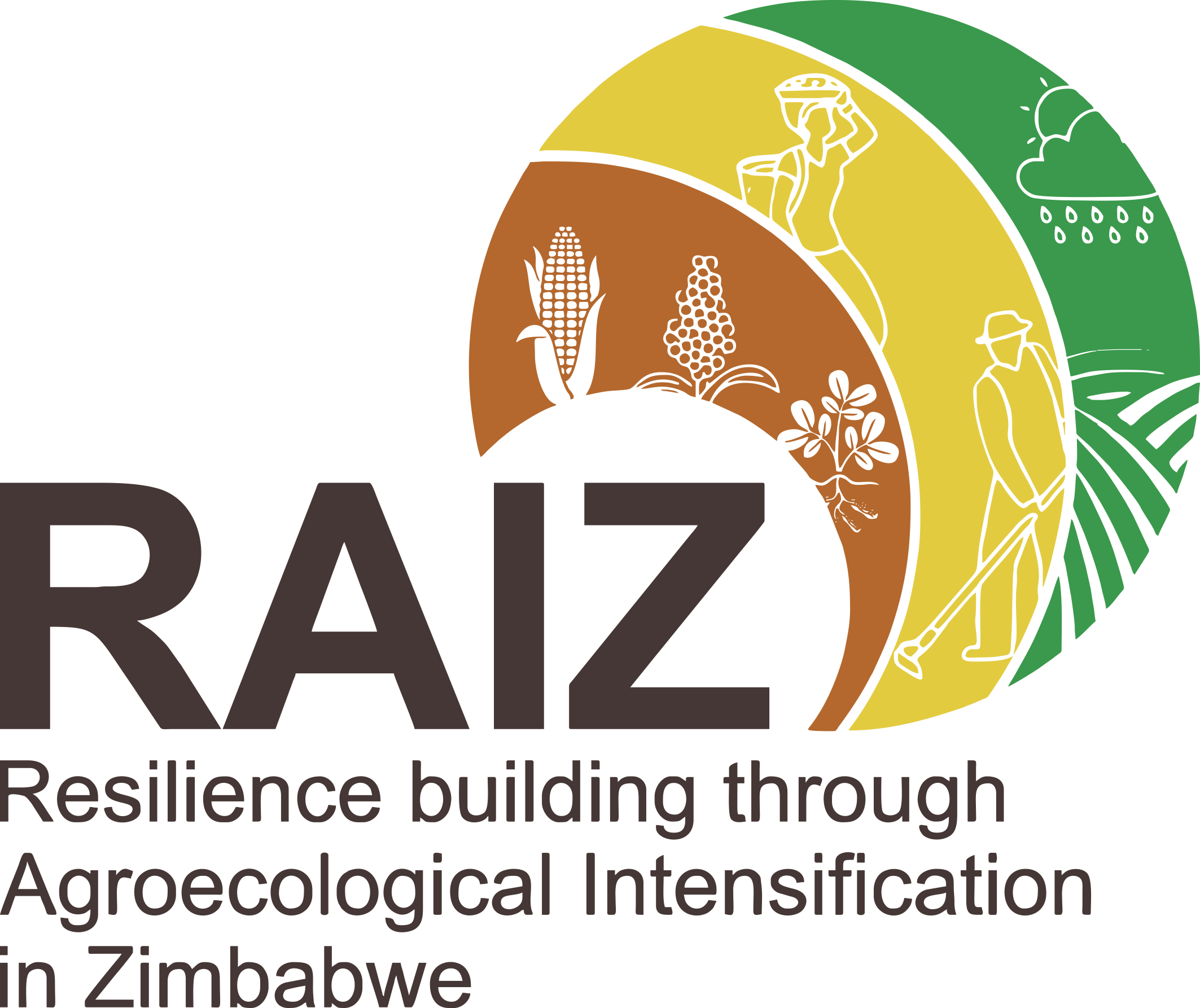Sustainable intensification and climate risk assessment of Zimbabwean farming systems for resilience building perspective.
Research question
This research will investigate how does climate change and farmers’ context influence risk associated with sustainable intensification (SI) of cropping systems and what is the performance of future farming systems incorporating promising SI options. The objectives are:
- To assess the agronomic performances of SI options of cropping system regarding climate interannual variability and more especially through the calibration and validation of STICS crop model for a range of SI options and agro-climatic conditions; modelling interannual climate variability impact on the performance of a range of SI options.
- To assess at farm scale the climate risk associated to SI intensification of cropping system.
- To identify optimal combinations of smallholder farm context and SI options to mitigate climate risk and improve resilience.
General context
A substantial proportion of households in sub-Saharan Africa are food unsecure. Sustainable intensification (SI) with integrated soil fertility management (ISFM), e.g. optimal organic and mineral fertilizer management, could drastically increase crop production and improve household food availability, whilst maintaining other important ecosystem services. The current low-input cropping systems across sub-Saharan Africa are constrained primarily by nutrient stress, and hence not so sensitive to changes in rainfall or temperature. Applying adequate nutrient inputs may increase the cropping systems sensitivity to climate perturbations. In the same time, climate change will lead to more variable, less predictable weather conditions and to more extreme events. Risk can be seen as the combination of the probability of a hazardous event and the losses caused by the event. Consequently, this increase in both the probability and the magnitude of the impact of hazardous events could lead to disincentives for farmers to invest in SI options.
Importance of the research question
The impacts of SI options on cropping and livestock systems performances have been studied but the risk associated to their adoption has not been systematically evaluated and works at the farm scale remain scarce. Investigating and understanding risk at farm scale with a special focus on cropping system changes may help to put in place risk-mitigation strategies, so that adoption of SI practices can be enhanced. A better understanding of the risk associated with SI options in link with heterogeneous farmers’ circumstances is crucial to design appropriate policy interventions and safeguard measures to support sustainable intensification in the region. In this perspective, this PhD proposes to narrow this knowledge gap with an assessment of the risk associated to the trajectory toward SI of farming systems, with a focus on sub-humid Zimbabwe as a studying area.

Valentin PRET
PhD Student
Duration
2021 – 2024
Location
France – Zimbabwe – Netherlands
Supervision
Supervisor – François Affholder (CIRAD)
Co-Supervisors – Katrien Descheemaeker (WUR); Gatien Falconnier (CIRAD); Regis Chikowo (UZ)
Biography
I am a system agronomist with some background on ecology and plant physiology. My skills focus on agroecological intensification, climate change adaptation and assessment of farm performances. I have been working with farmers, extension services and researchers to test, implement and assess practices at field and farm scale. My toolbox includes on-station and on-farm trials, crop modelling, participatory approaches and agrarian diagnosis.
Sustainable intensification and climate risk assessment of Zimbabwean farming systems for resilience building perspective.
